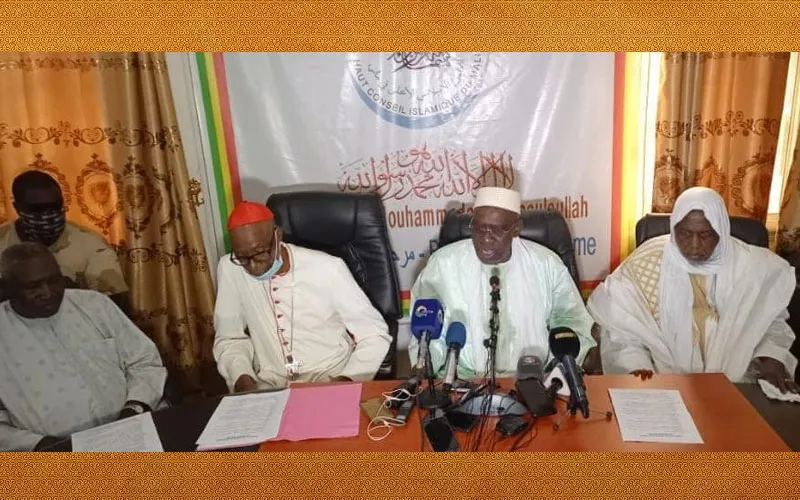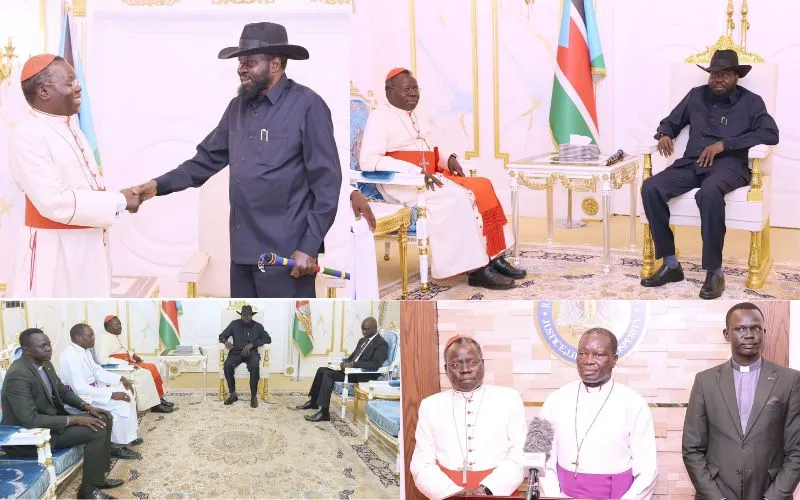Bamako, 05 September, 2021 / 6:00 pm (ACI Africa).
Religious leaders in Mali have appealed to the various stakeholders involved in the process of restoring calm in West Africa nation to “take all measures” that will guarantee “a peaceful, inclusive, and consensual transition” toward peace.
In a collective statement issued Monday, August 30 following a meeting the brought together representatives of religious leaders in Mali in the capital city, Bamako, the faith-based leaders “welcome the efforts of the Transitional Authorities” in leading the nation.
“We exhort the President of the Transition, the Government, all the Institutions of the Republic, Civil Society Organizations and Political Parties, the signatory armed groups, the belligerent armed groups, each in their own right, to take all measures to ensure a peaceful, inclusive and consensual transition,” the religious leaders say.
In the one-page statement signed by the Archbishop of Bamako, Jean Cardinal Zerbo, the President of the High Islamic Council of Mali (HCI), Cherif Ousmane Madani Hadaira, and the President of the Association of Evangelical Protestant Church Groups and Mission in Mali (AGEMPEM), Rev. Nouh Ag Infa Yattara, the religious leaders call for a change of behavior from Malian citizens.
Mali has reportedly experienced a surge in violence involving both civilians and the military since 2012. Since then, abductions have become more persistent in the nation with militants seeking either to get ransoms or to exert political pressure.








